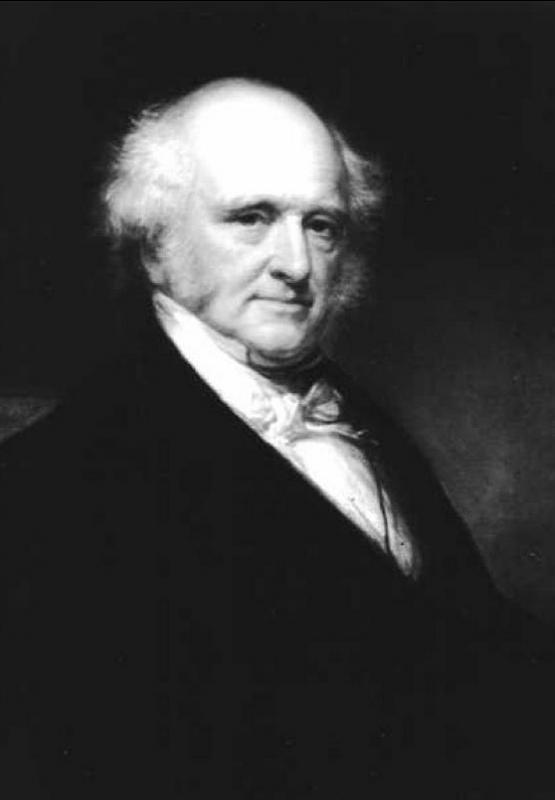At WiseGEEK, we're committed to delivering accurate, trustworthy information. Our expert-authored content is rigorously fact-checked and sourced from credible authorities. Discover how we uphold the highest standards in providing you with reliable knowledge.
What is the Panic of 1837?
The Panic of 1837 set off the most severe depression experienced by the United States up to that point. Chief among the depression’s causes was a wave of land speculation, fueled by cheap and easy credit. Across the country, unemployment rose, businesses failed, and bankruptcy became commonplace. During the five years following the panic, 343 of the nation's 850 banks went out of business entirely, with an additional 62 suffering partial failure.
President Andrew Jackson’s economic policies often are blamed for creating the conditions that caused the Panic of 1837. In 1829, Jackson, who mistrusted the National Bank and considered it unconstitutional, refused to renew the bank’s charter. He also withdrew all federal funds, depositing them instead in state and private banks.

As a result, credit was easily available from these institutions. State-funded and privately funded projects such as canals and rail lines encouraged westward expansion. Speculators were quick to buy cheap government property, hoping to sell it for a huge profit as expansion and infrastructure drove up property values. Businesses also relied heavily on credit, often using earnings to fund high return speculative investments rather than quickly paying down loans.

Banks were able to supply this cheap credit partly through the use of bank notes, money that they printed themselves. Foreign investors hoped to take advantage of the United States' boom, adding additional capital to the economy. With high levels of currency circulating, inflation was inevitable.
Speculation drove property sales to record highs. By 1837, land offices were reporting sales 10 times greater than in 1830. Hoping to curtail this land rush, Jackson issued the Specie Circular in the summer of 1836, requiring that specie — gold and silver currency — be used for all public land sales. State and private banks did not have sufficient specie funds, typically using bank notes for loans. With credit supplies suddenly cut off, many buyers defaulted on payments, the property market dried up and the Panic of 1837 was underway.
Foreign investors called in debts, refusing to accept U.S. currency. Already overextended, bank reserves were quickly depleted. Depositors attempted to withdrawal funds, resulting in bank runs. During the Panic of 1837, paper money became worthless as banks refused to exchange it for hard specie. Widespread business failure, bankruptcy and double-digit unemployment resulted.
When Martin Van Buren took office as president in January 1837, the panic was just beginning to take hold. By the end of June, more than 250 businesses had failed in New York alone. In September, Van Buren called a special session of Congress, demanding a national treasury system designed to make banks more accountable. Despite political efforts, the effects of the Panic of 1837 were felt for many years.
AS FEATURED ON:
AS FEATURED ON:












Discussion Comments
I've always kind of wondered if there would ever be a point where modern America would be put in the position where they would try to return to the gold or silver standard, like they did here.
I guess the world would have to radically change before that happened, because there are probably too many people in the US now to make that at all feasible.
@browncoat - These kinds of things can almost always be traced back to some politician thinking that they know better than the wiser heads of the day. The Panic of 1837 was Andrew Jackson's fault when you come right down to it. I'll bet that plenty of people still blamed the president that had to clean up his mess afterwards though.
I was about to comment that it doesn't surprise me that this happened, since they would have no ability to predict a panic, having never been in a similar position. There was no way for them to know that the conditions they were experiencing wouldn't go on forever.
But, honestly, it really sounds so similar to almost every other recession. A bunch of people think it's a good idea to give the public a lot of credit so that they can make more money and eventually the whole thing falls out from under them. We should always know that it's too good to be true.
Post your comments